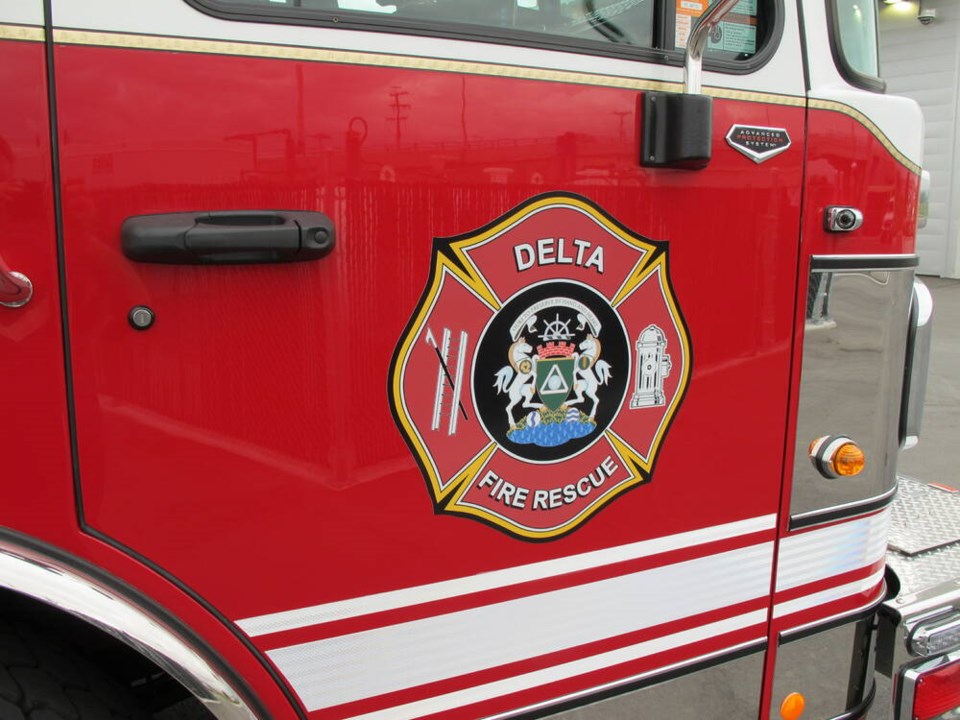When you spend every day on the job dealing with the worst days of others, the toll on mental health is inevitable and can be deadly.
A usual shift for a firefighter can be extricating a motorist in agony from a vehicle wreck, saving a person who’s turned blue from an overdose, or shot in an act of street violence or injured on the job, to say nothing of quenching the flames after someone has watched their beloved home burn to the ground.
“It’s simply the nature of the job. The end result is we are 911. We can’t call 911 and make it somebody else’s problem,” said Capt. Ben Lewis, vice-president of the Delta Firefighters Association and chair of the union’s mental health committee.
Many people will have one or two incidents that might be considered traumatic in their lifetimes, he said.
“That’s our every day. Every day we respond, and we attach ourselves to the worst day of somebody’s life,” he said.
However, The BC Occupational Awareness Training online program, launched last year, is expected to forewarn firefighters about such health risks.
Delta Fire Department will sign on to the program this spring.
It’s also been expanded this year, at a cost of $300,000, to cover wildland firefighters who spend their summers saving cities and homes from raging forest fires.
But the program isn’t intended for therapeutic purposes.
Instead, it’s designed to give firefighters knowledge and skills beforehand, so they have some awareness and strategies they can use when they feel the job is getting the best of them.
“It’s not treatment. It’s not intervention. It’s prior to all that,” said Lewis. “It’s meant to be a very upstream approach to building resilience,” and awareness.
“Stoicism is a big piece of it because that’s inherent in the fire service … and create that awareness before problems might occur.”
Lewis said it’s great for first responders to prepare as much as possible or to get as much relief as they can but, “you can’t change the nature of emergency service,” he said.
“It is what it is. We’re happy to do the work. We’re here to help people but we do have to be cognizant of the toll that it takes.
“We’re constantly in the middle of someone dying, somebody’s loved one’s dying. We’re constantly in the middle of some very moral concerns.”
Police, paramedics, correctional officers go through the same thing, although there are some differences, he added.
Lewis said that while post-traumatic stress is better understood now, the big question is what can be put in place to deal with it. Statistics regarding firefighter mental health are alarming, he said.
“It still takes far too long to get people assessed. It still takes far too long to get treatment that has any level of real efficacy, for people. Timely access to high-quality care is still a problem.”
The BC Occupational Awareness Training online program is administered by the BC Municipal Safety Association and First Responder Health.



